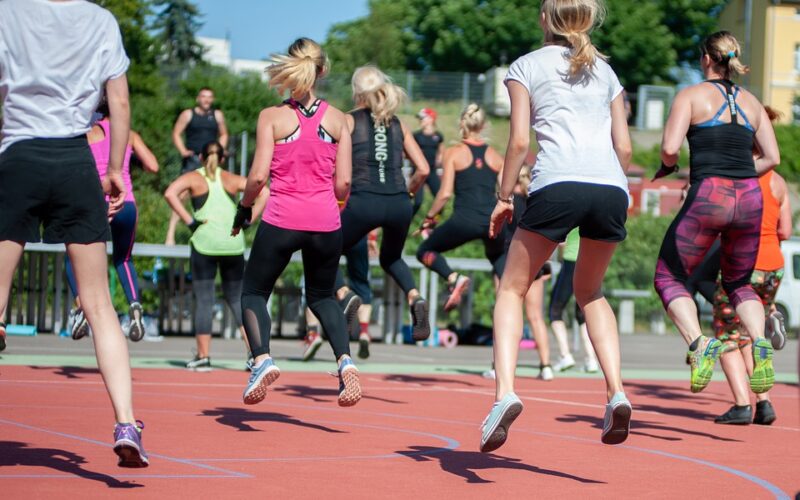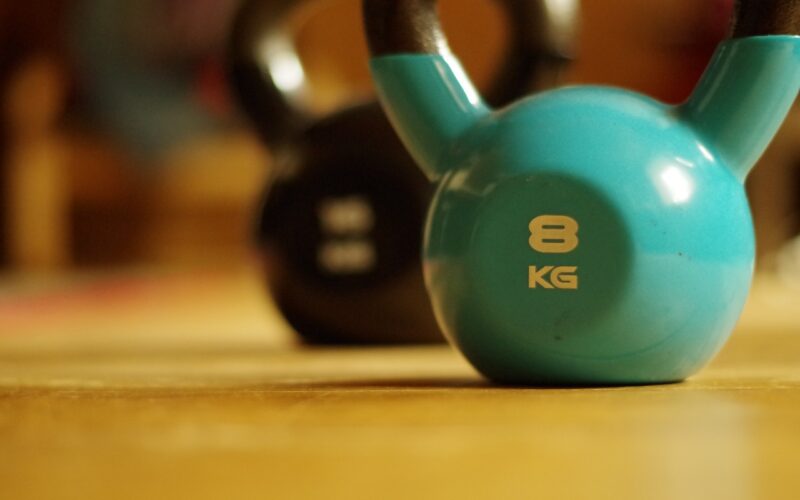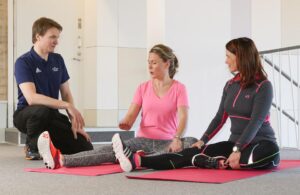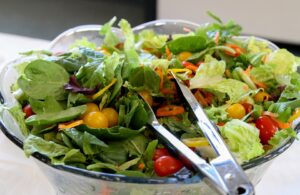Do you ever find yourself starting to feel a bit stiffer and achier after completing the same activities that used to be much easier? As we age, health can become more of an issue as our bodies are not as capable at dealing with strain, illness and injury.
Let's dive into how ageing affects our physical and mental wellbeing in order to understand it better. From preventive measures like staying active and eating well through to medical solutions for chronic conditions, there is information here for everyone about how ageing impacts our lives on a daily basis.
How the Human Body Ages
As we age, our bodies go through a number of changes that can impact us both physically and mentally. Some of these changes are a natural process of getting older, like wrinkles and grey hair, while others take more effort to manage, such as weight gain or decreasing muscle mass.
Understanding how the human body ages is important for maintaining optimum health and wellness into our later years. With the right combination of diet and exercise, medical care, and lifestyle choices, you can look forward to a healthy aging experience. Taking steps to understand what's happening in your body at different age stages will help ensure that you are prepared to meet the physical challenges that accompany aging gracefully.
The Effects of Ageing on Mental Health
As we age, it is inevitable that certain changes in mental health can occur. As people grow older they may become more prone to stress, experience depression or mood swings, or even find it difficult to concentrate and remember things. This can be attributed to a variety of factors like lifestyle changes, health issues, bereavement or anxiety about the future.
Mental health conditions like dementia or Alzheimer's Disease also tend to become more common with age. If you are beginning to see some of these symptoms in yourself or an elderly loved one, it is important to seek professional help and advice.
A therapist may be able to help tackle potential causes of mental illness and could discuss long-term treatments such as therapies, drugs and counselling services which could all play a role in maintaining emotional wellbeing as we get older.
The Impact of Ageing on Physical Health
As age increases, physical health and functioning of the body can be greatly affected. This is often due to changes in muscles, bones, balance, vision and cardiac and respiratory systems. Ageing can lead to increased risk for illnesses such as arthritis, stroke, and osteoporosis. In addition to a decrease in physical activity that often occurs as people age, other factors like diet, lifestyle choices and medications can also contribute to physical health consequences over time.
Understanding how ageing relates to physical health is important in developing plans to maximize health quality during the later stages of life. Good nutrition, regular exercise and preventive care all play an important role in maintaining positive physical health throughout the aging process.
Ways to Maintain Good Health As You Age
As we age, maintaining good health becomes increasingly important; however, this can sometimes appear as a daunting task. It is important to be mindful of both physical and mental health habits that could contribute to our well being throughout the years.
Eating a balanced diet with plenty of fruits, vegetables and fibre is essential for the body's needs. Regular exercise should be incorporated into your lifestyle, even something as small as a 30 minute daily walk can have significant benefits on your overall health.
Not only is physical exercise good for you, but regular activities that promote healthy psychological functioning such as meditation, yoga or conscious breathing are also important. The benefits of breathwork can tremendously improve mental wellbeing.
Additionally, consider practices like getting adequate restful sleep every night and establishing strong social networks with family and friends. When combined together all of these measures can help ensure retirees maintain their independence while promoting a life filled with vitality and joy.
Evaluate Your Lifestyle Habits and Make Changes as Needed
As we age, it is important to evaluate and make changes to our lifestyle habits. This includes changing nutrition and exercise routines that are no longer appropriate for our current body needs.
For example, instead of a diet high in processed foods, try eating more fruits and vegetables. Increase physical activity to improve muscle strength and cardiovascular health as well, such as going for a daily walk or taking up a low impact exercise class.
Additionally, take time out to focus on emotional wellness by engaging in hobbies that bring joy and relaxation like reading or painting. Taking these steps can help maintain better physical and mental health as we age.
Consider Diet and Exercise to Help Preserve Your Health with Ageing
As people age, they may find that maintaining their health becomes more challenging. It's important to remember that a healthy diet and regular exercise can make all the difference in preserving your wellbeing as you get older.
Eating nutrient rich foods such as fruits, vegetables, lean proteins, and whole grains can bolster your immunity and help regulate blood sugar; meanwhile, incorporating physical activity into your routine helps to build muscle tone and keep bones strong. Not to mention it's one of the most effective ways of relieving stress.
Investing time in developing an exercise plan that works for you is sure to be worth it when it comes to ensuring good health later in life.




















